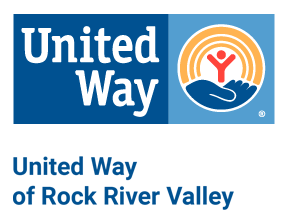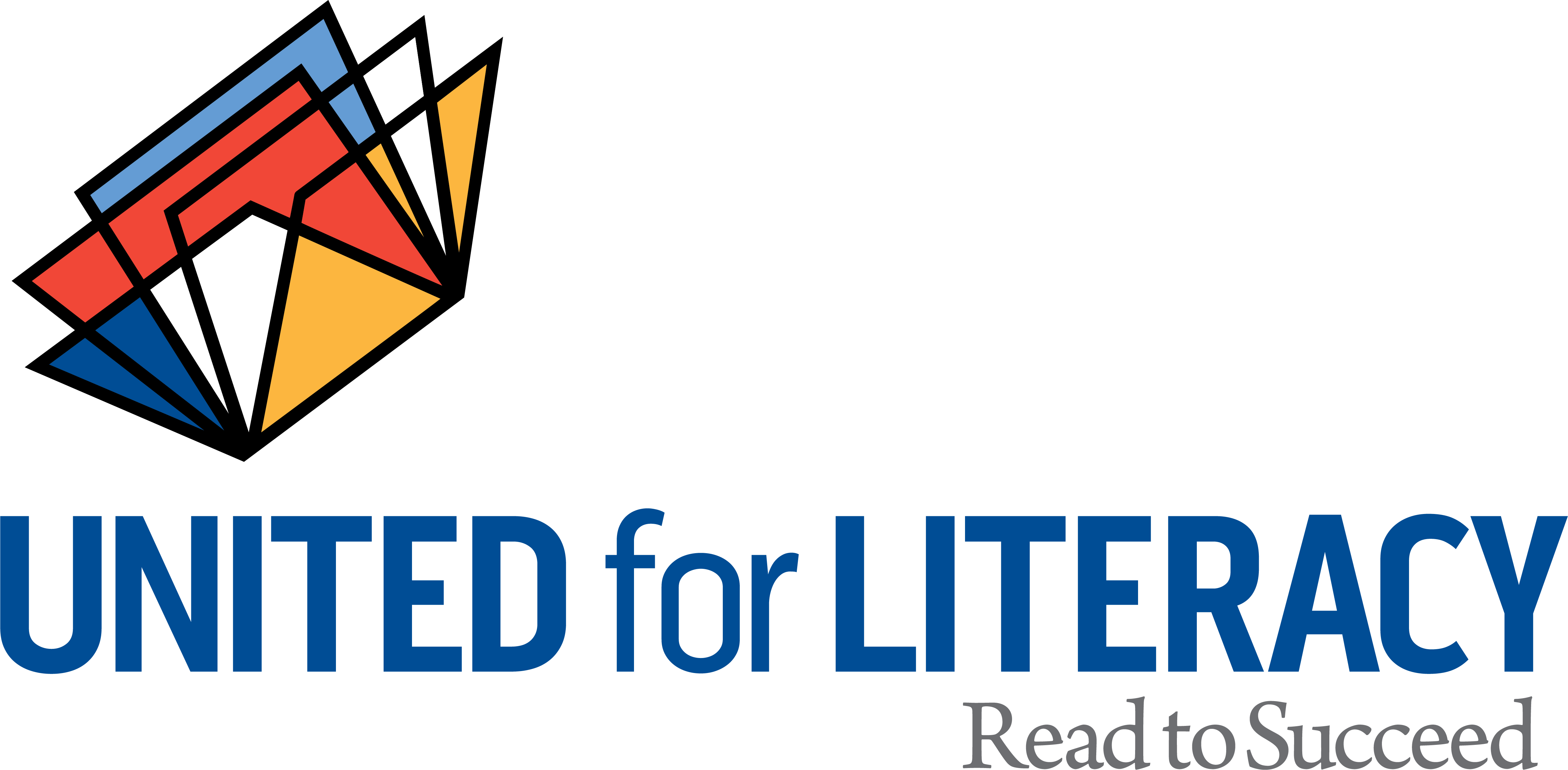In February, United Way of Rock River Valley (UWRRV) issued a request for proposals (RFP) for the second cohort of its United for Literacy initiative. With this announcement, UWRRV, through the work of its literacy consultant, Dr. Karen Walker, has refined its initiative to fund programs and services around the tenets of five key components of literacy supported by the National Center on Improving Literacy. United Way funded 13 agencies and 16 programs through its initial United for Literacy effort.
“Literacy is a critical factor for success in life,” said Jessica Iasparro, Director of Community Impact at UWRRV. “The five fundamental components of literacy—phonemic awareness, phonics, vocabulary, fluency, and comprehension—all contribute significantly to an individual’s reading and understanding of written material.”
Jessica explained that interactive read-alouds, independent reading, and parents and caregivers as first teachers significantly impact these components. Interactive read-alouds, where a teacher or parent reads aloud to a group or individual children while engaging them in discussion and asking open-ended questions, help develop comprehension, vocabulary, and fluency. They also introduce children to new concepts and ideas, helping to expand their knowledge and vocabulary.
She said independent reading allows children to practice reading independently, thereby developing phonemic awareness, phonics, and fluency. It also helps to build vocabulary and comprehension as children explore different texts and genres.
“Parents and caregivers play a vital role in shaping literacy skills,” Jessica concluded. “They achieve this by nurturing a love for reading and creating a supportive learning environment. By reading aloud to their children, having meaningful discussions about books, and ensuring access to a diverse range of reading materials, parents significantly contribute to their children’s literacy development.”
By incorporating interactive read-alouds, independent reading, and fostering a supportive home environment, children can develop strong literacy skills, setting them up for success in school and beyond.

